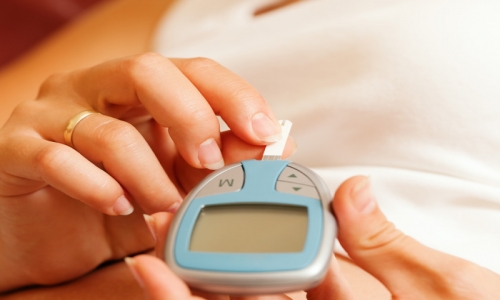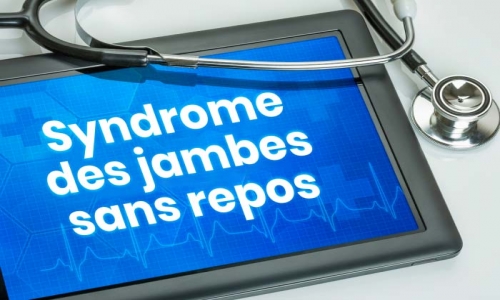15 Aug 2019

Colon and rectal cancer or colorectal cancer canbe fatal in the face of delayed screening and medical management. It issilent and the subjects at risk are people between 50 and 74 yearsold. The age factor isdecisive, 95% of patients are more than 50 yearsold, which has put this cancer, such as breast cancer, on the free screening schedule, carried out on the target population everytwoyears.
It iscaused by the presence of polyps, growth on tissue and mucous membranes in the colon and rectum.
Earlydetectionallowsremissionin 90% of cases, itis a test thatcandetect traces of blood in the stool invisible to the nakedeye or anysign of lesions.
The immunological test
This biological test makesit possible to look for blood in the stool and more specificallyhumanhemoglobin. It canbedone at home with a test kit: on a stoolsample, insert the stick provided in the kit, then place it in the tube and sendit to the analysislaboratory in the envelopedeliveredwith. Results are within 24 hours. It is possible to have false negatives; absence of hemoglobin in the stoolwhen the polypdoes not bleed.
The DNA test
The search for colorectal tumor markers in the bloodis more pointed. By taking a blood test, whichis more convenient for patients than a stool collection, this test makesit possible to detect the modified DNA of the Septin 9 gene, a marker specific for colorectal cancer.
The test iscalled the Septin 9 test, or Epi proColon. It isquiteexpensive.
The National Cancer Institute specifiesthatthis test is not veryreliablesince the studies made were not carried out on a large population.
Immunological Screening Program
Everytwoyears, people between the ages of 50 and 74 are asked to do colorectal cancer screening. Theycan do this by takingblood or by getting the screening kit fromtheirdoctor. These kits are found at pharmacists and canbecarried out the test at home and sent to the medicalanalysislaboratory.
Colonoscopy exploration
In the case of a positive immunological test, confirmation of the diagnosis of colorectal cancer is made by colonoscopy. This exploration isalsodone for subjectswho have a familyhistory for this type of cancer, in case of suddenanemia and without apparent explanations, or in cases of intestinal transit problems. This examinationconsists in introducing a thin tube endowedwith a micro-camera by the colon in order to highlight the polyps, to make a biopsy and analyzes in anapath. Theseconfirm or deny the presence of cancer cells.




